How To Learn Second Language Effectively: Easy Steps to Immerse Yourself
 |
| Photo: Money Crashers |
Here are some simple steps to learn a second language more effectively by immersing yourself to it:
1. Connect with a native speaker
Speaking a new language is, without a doubt, the best way to learn it. All too frequently, instead of really applying what they have learned, people spend all of their time learning lists of words and studying grammar. Comparing speaking with a real person to staring at a book or computer screen will make you feel much more motivated to learn the language.
 |
| Photo: FluentU |
2. Study the language every day
It is not uncommon for people to say they have studied a language "for five years" and are still not fluent. However, when they say five years, they most likely mean that during that whole time, they only spent a few hours a week studying the language. To be clear, if you want to pick up a new language quickly—that is, within a few weeks or months—you will need to dedicate yourself to studying the language for a few hours every day.
 |
| Photo: BeTransalted |
Language learning is based on repetition - hammering something into your brain over and over again until you remember it. If you break too long between study sessions, you are much more prone to forget what you learned last time and you will waste valuable study time going back over what you've already learned, according to WikiHow.
You can cut down on this wasted time by studying every day. There are no miraculous short cuts when it comes to language learning -- you just need to commit.
3. Carry a dictionary at all times
Carrying a dictionary with you will save you a lot of time and frustration, so invest in one as soon as possible!
It can be an actual, physical dictionary, or a dictionary app on your phone - you just need to be able to consult it quickly whenever you need a word.
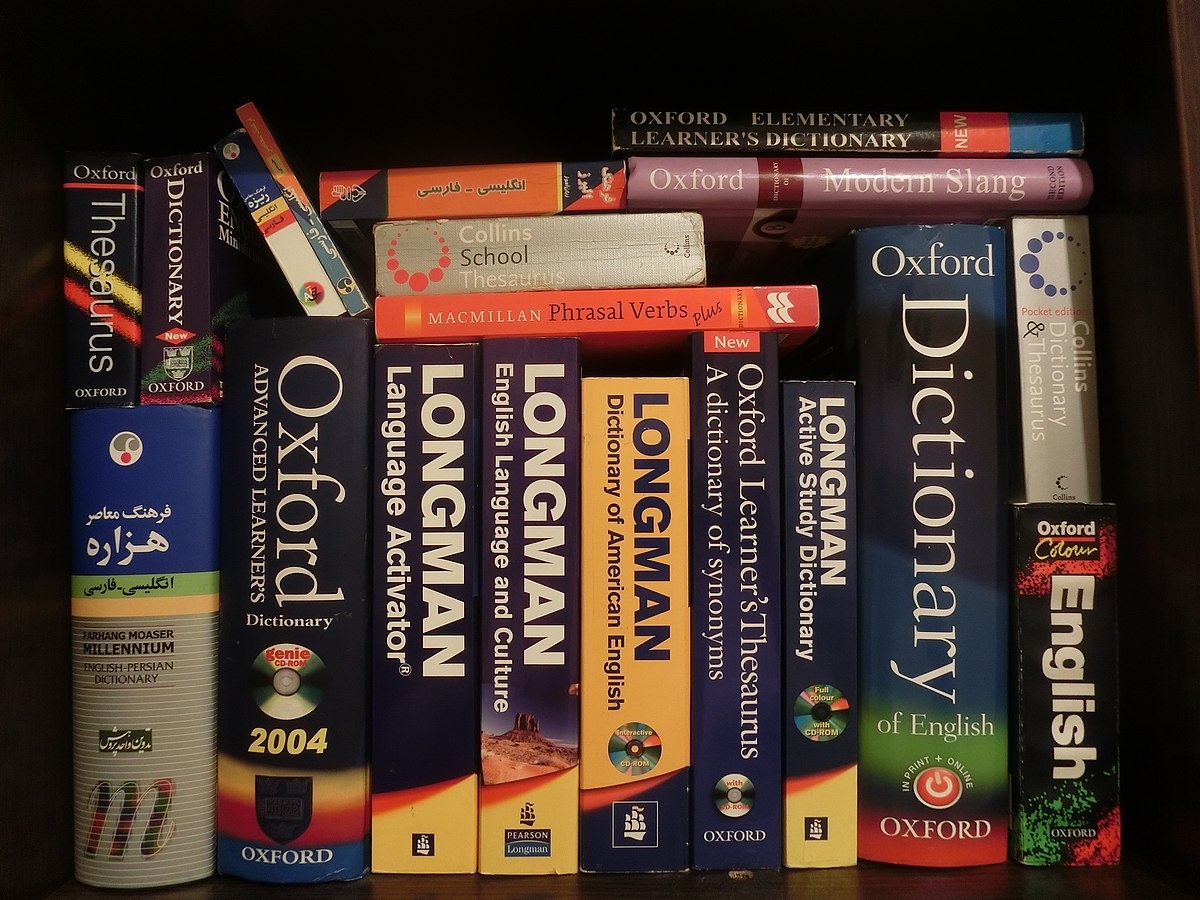 |
| Photo: Pinterest |
Having a dictionary with you will make it easy to locate the term you need quickly. This is particularly crucial if you are speaking with a native speaker and don't want to break up the flow of the conversation by forgetting a word. Furthermore, looking up a word and using it in a sentence right away will aid in memory retention.
Additionally, you can look up definitions at random times during the day, such as while stuck in traffic or standing in line at the grocery store during your coffee break at work. This could help you pick up an additional 20 or 30 words each day!
4. Watch, listen, read and write in your chosen language
To fully immerse oneself in a language, one must perform all daily tasks in their new language, including writing, reading, and listening, using only that language.
Watching TV series or movies in the language you are attempting to learn may be the simplest thing you can do. You'll get used to subtitles, so try to stay away from them. Watch television programs or films with plots you are already familiar with, such as children's cartoons or dubbed English films, to make things easier. This will help you understand words and phrases better.
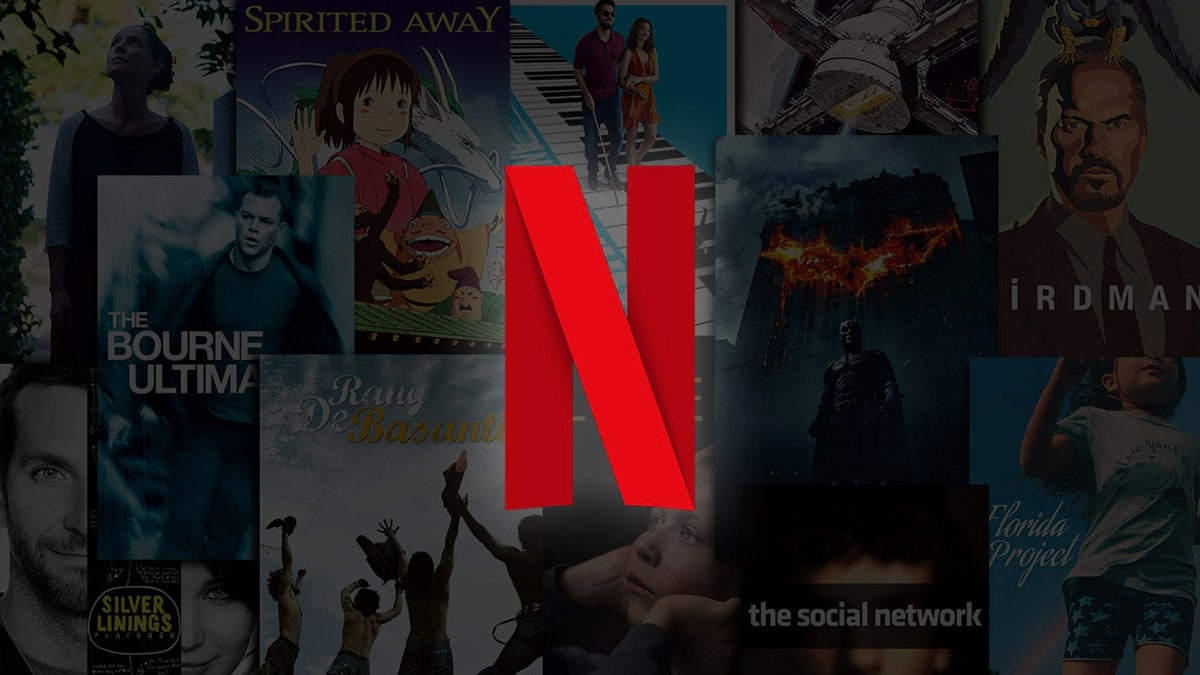 |
| Photo: NDTV Gadgets 360 |
It is advisable for you to try writing and reading in your new language. Obtain a newspaper or magazine, and try to read one article every day while consulting your dictionary for any unfamiliar terms. Additionally, you ought to make an effort to write a few basic items in your new language, like a grocery list or a fictitious postcard.
Listen to radio stations in your new language or download podcasts. While on the go, this is a fantastic method to fully immerse yourself in the language. This improves your listening comprehension skills in addition to enabling you to hear common words and phrases pronounced correctly.
Adjust the language on all of your gadgets so that words you are already familiar with in English will appear when you type them in the new language.
Play some music in that language. Make an effort to learn the lyrics, then look up their meaning. In this manner, you can determine the topic of the conversation if you listen to it again.
5. Visit a country where your chosen language is spoken
 |
| Photo: Passport Health |
Naturally, traveling to and spending some time in a nation where the language you are learning is spoken would greatly improve your language learning abilities.
You will develop a new respect for the language and its speakers if you make an effort to communicate with the locals, whether it is by saying hello, asking for directions, or completing a transaction in a store.
No matter how poor your oral communication abilities are, if you consistently push yourself to speak, your vocabulary, grammar, and pronunciation will quickly improve significantly.
Essential Language Apps to Have You Fluent in no Time
There are almost as many language apps available as there are global dialects, as cited by Mashable. Some worth investigating include:
Rosetta Stone - The best known and perhaps most comprehensive, Rosetta Stone promises to "train you to associate words with imagery in real-life situations" and has 24 language options. It's definitely an investment - currently $7.49 per month for 24 months - but many people swear by it.
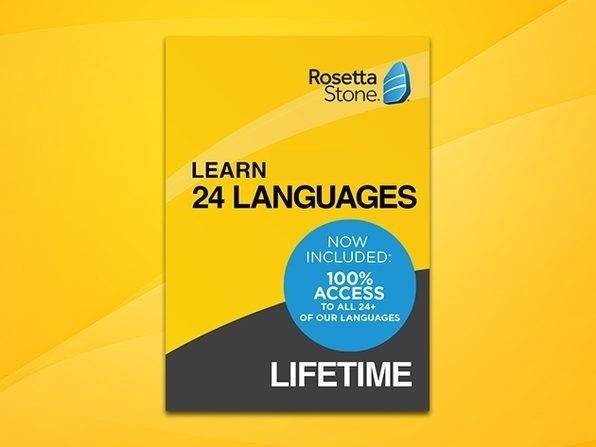 |
| Photo: The Hookup |
Babbel - This app breaks its tuition down into short, 10-15 minute chunks so you can pick up a por favour or an arigato on the subway or wait for a bus. Subscriptions start at $5 a month.
Memrise - If you want to learn French, Spanish, Japanese, Korean, or a host of other dialects, with cartoony game rewards helping you along, this is for you. Prices start at $8.99 per month.
uTalk - With 160 languages and speaking games that help monitor your progress, this comes priced at $64.99 and will improve your Albanian or Swahili in no time.
Duolingo - A range of languages, including Klingon because why should fictional dialects be excluded, and cute gamification aspects keep this favourite a top scorer in the App Store. Duolingo is free.
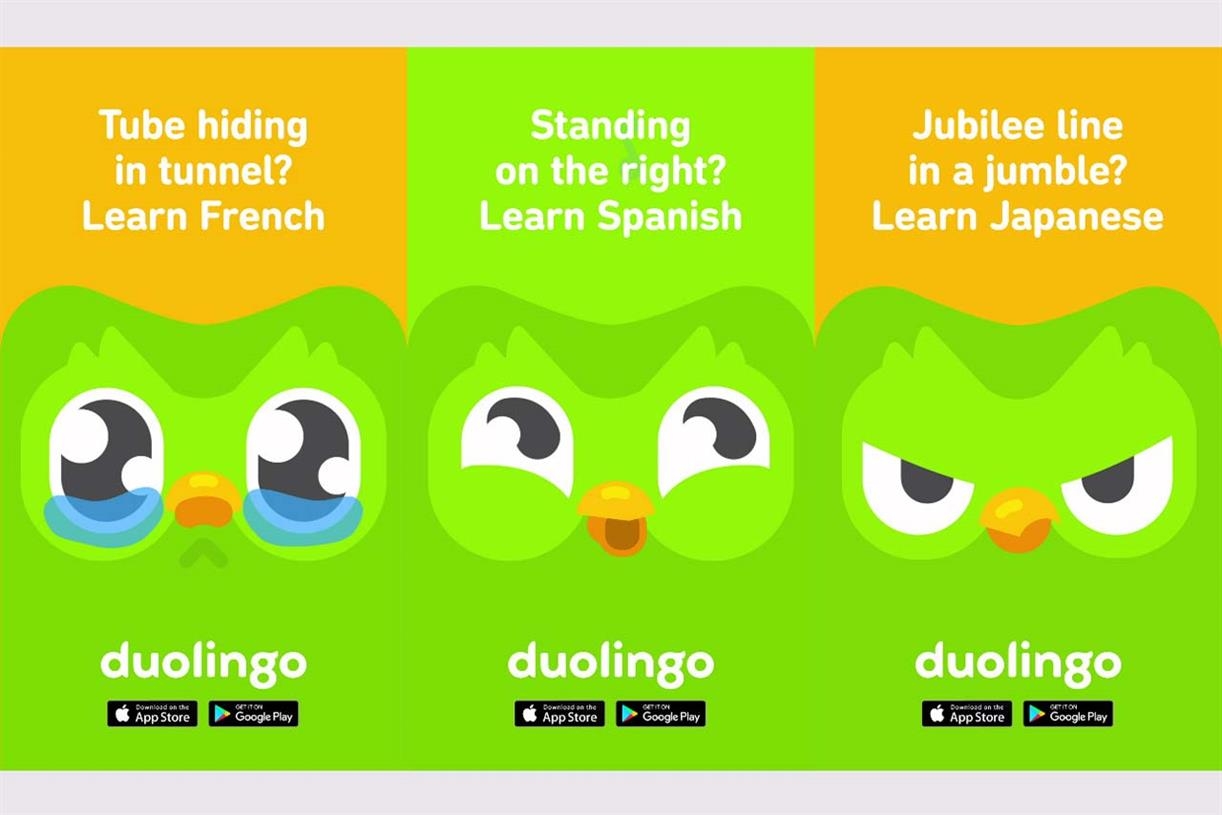 |
| Photo: Campaign |
busuu - At $34.99 for a year's subscription, busuu (a Cameroonian word) offers 12 language courses and lets you hone your skills directly with native speakers.
WaitSuite - Taking the concept of learning in your spare time to its logical extreme, this free to use MIT-associated project sends translation flashcards to your phone in those "micro-moments" when you're waiting for a Wi-Fi connection or taking an elevator.
Mango - Mango's exercises combine listening, reading and even movies to help you pick up vocabulary and grammatical patterns in 70+ languages. Pricing starts at $7.99 per month for one language. However, Mango partners with many libraries, so you might be able to access it for free with your library card.
 How to Sing Better: 7 Structural and Affordable Steps How to Sing Better: 7 Structural and Affordable Steps If you think you’re a bad singer, don’t worry, there’s still hope. In fact, you probably sound better than you think! Believe in yourself and ... |
 How to practice dancing as a beginner How to practice dancing as a beginner Finding ways to improve your dance skills can be really, really tough. In this article, we'll talk about several ways to practice dancing for a ... |
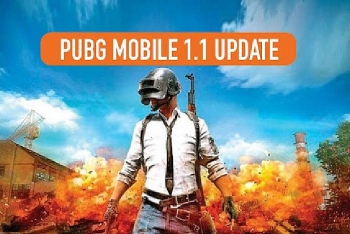 PUBG Mobile 1.1 Version Update: More New Changes and How to Download PUBG Mobile 1.1 Version Update: More New Changes and How to Download PUBG Mobile 1.1 version update is ready to hit the global servers since Nov.11 after successful beat testing. The update will include Metro Royale Mode, ... |























